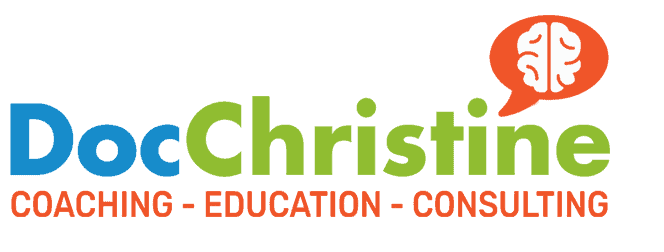How Do You Know If Your Child May Have an Addiction?
If you have children, it is one of your greatest worries that your child will fall victim to – or is already suffering from an addiction.

There are many forms of addiction:
Of course there are addictions to illegal drugs like cocaine, heroine and designer pills, and also addictions to drugs that are legal for adults, like Marihuana, cigarettes and alcohol, as well as prescription drugs which can be obtained from an unlocked medicine cabinet or illegally on the street. And then there is the addiction to sex, video gaming or social media. But there are other things that can be addictive, like food (especially sugar, flour, milk products, eating generally), caffeine or gambling.
So how do you know that your child could have an addiction?
Generally, here are the signs that a habit may be more than just a habit, and is an addiction:


- Drug addiction is a serious disease, so if you see these symptoms in yourself or someone you love, seek treatment. The healing has to begin somewhere, and when the symptoms arise, the time to get help is now!
- Consider contacting your family doctor, the school guidance counselor or book a free call with me to talk about your and your teen’s options for recovery.
Right now (for a limited time), you can register for a 15-minute session with me - to see if I can help you with your health.
Nothing for sale. No strings attached.
Just seeing if I can help. (And if not, I'll let you know and point you in the right direction)
If that interests you, book it now with the red button or click HERE
